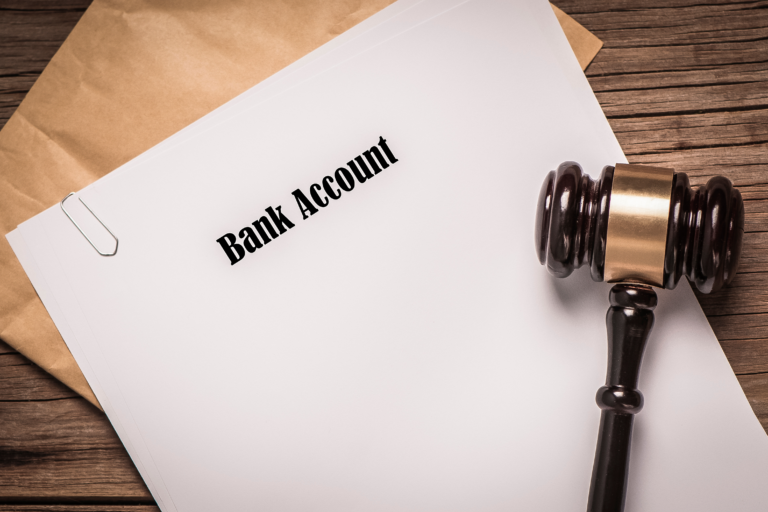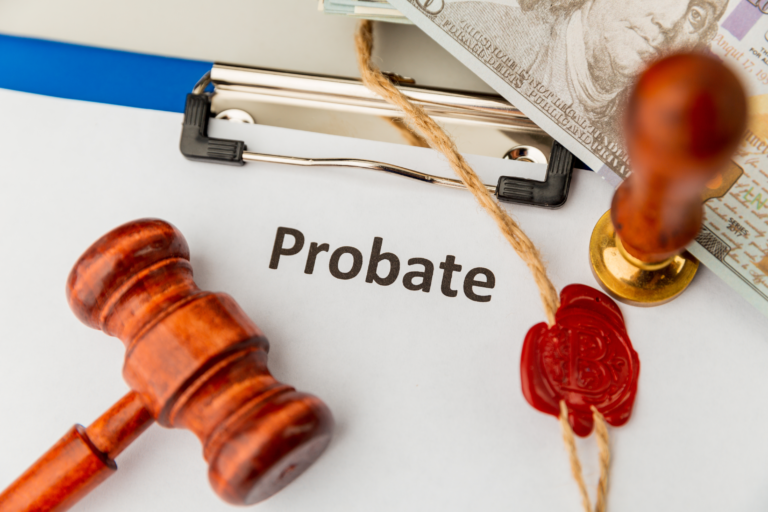It is not rare to find Florida residents that see the last will as the sole piece of an estate plan. Although wills are fundamental documents to outline how your loved ones will be provided for after your passing, it is crucial to pay attention to the document’s execution.
If the will is not considered valid in court after the testator’s passing, it may expose his or her heirs to uncertainty. Read on to find out whether handwritten wills are valid in Florida.
Last Will vs. Florida Probate – Why is the Validity of a Will Crucial to Determine What Happens Next?
A last will is a legal document that permits you to wrap up personal affairs before your passing, selecting the individuals who will inherit your assets, naming guardians for minor children or persons with special needs, and appointing someone to execute your estate upon death.
Florida Statutes §732.901 (1) specifies that “the custodian of a will must deposit the will with the clerk of the court having venue of the estate of the decedent within 10 days after receiving information that the testator is dead.”
Upon receipt of the will, the court will determine the document’s validity and whether the deceased’s estate must go through probate. If probate is necessary, the court may appoint the person designated in the will as a personal representative to execute the estate.
When someone dies without a will in Florida, the deceased’s estate is distributed according to Florida intestacy law. The rules for intestate estates are stricter, as there is statutory order of preference for who will inherit the decedent’s assets.
Intestacy laws also apply to cases in which the will is deemed invalid in court after the testator’s death, which results in a complex and stressful situation for the deceased’s loved ones.
Is a Handwritten Will Valid in Florida? – The Verdict
The validity of a handwritten will depends on the circumstances in which it was created and how it was executed.
A valid will in Florida is a will executed according to the statutory provisions in Florida Statutes Chapter 732. Florida Statutes §732.502 (1)(a)(b) outlines that “every will must be in writing and executed as follows:
- The testator must sign the will at the end, or
- The testator’s name must be subscribed at the end of the will by some other person in the testator’s presence and by the testator’s direction
- The testator’s signing, or acknowledgment that he or she has previously signed the will, or that another person has subscribed the testator’s name to it, must be in the presence of at least two attesting witnesses”
Florida Statutes §732.502 (1)(c) requires that “the attesting witnesses must sign the will in the presence of the testator and in the presence of each other.”
Florida Statutes §732.502 (2) expressly states that “any will, other than a holographic (handwritten) or nuncupative (oral) will, executed by a nonresident of Florida, either before or after this law takes effect, is valid as a will in this state if valid under the laws of the state or country where the will was executed.”
However, the same statute adds that “a will in the testator’s handwriting that has been executed in accordance with subsection (1) shall not be considered a holographic will.”
Do You Need Help Solving Issues involving Wills in Florida? – Immediately Contact Your Florida Probate Lawyer
Waste no time – contact Attorneys Romy B. Jurado and Diana C. Collazos by calling (305) 921-0976 or emailing [email protected] for expert legal guidance.






